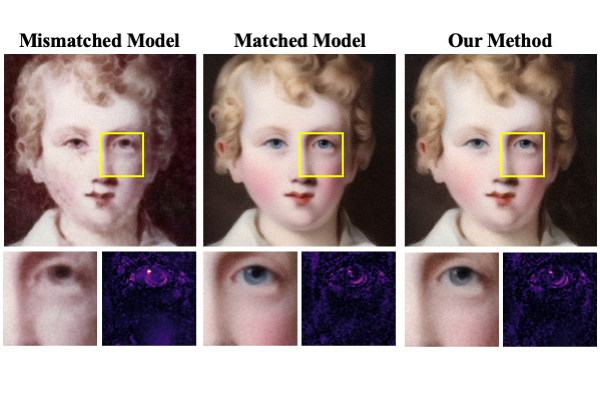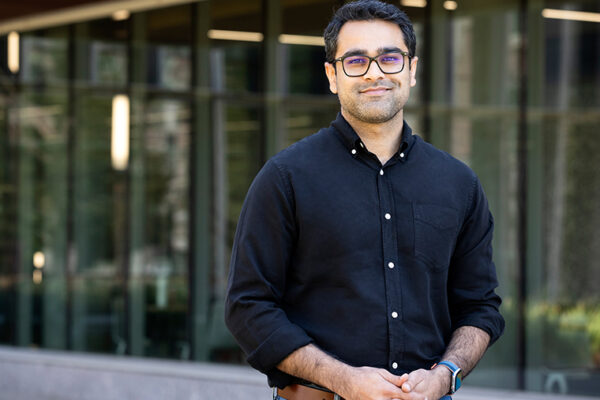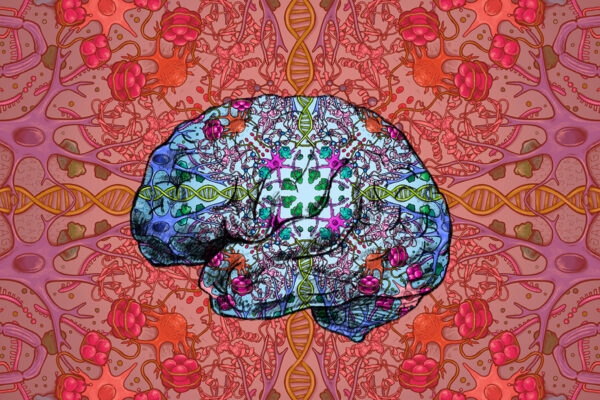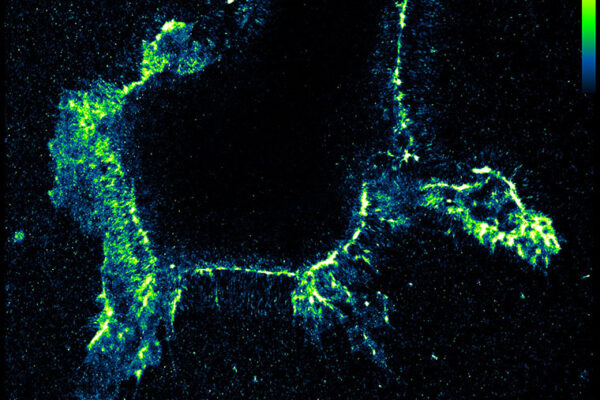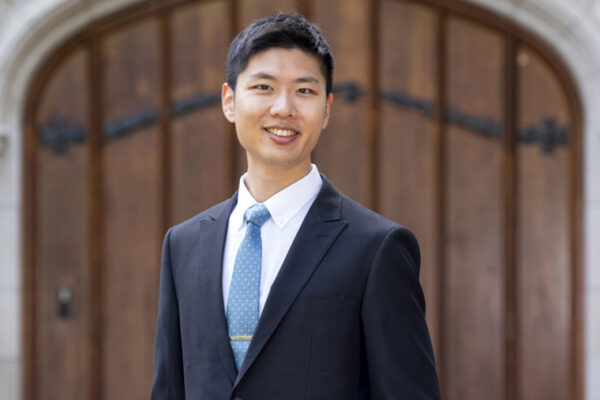Deep learning models can be trained with limited data
Researchers at the McKelvey School of Engineering at Washington University have developed a method that could reduce errors in computational imaging.
WashU leader, alumni recognized for commitment to diverse workplaces
Four members of the WashU community are recipients of the St. Louis Business Journal’s 2024 Champions for Diversity & Inclusion Awards.
Iqbal earns runner-up in privacy tech award
A research paper by a computer scientist at Washington University has been named runner-up for the Caspar Bowden Award for Outstanding Research in Privacy Enhancing Technologies.
Study reveals how brain cancer evolves in response to treatment
School of Medicine researchers have shown how brain tumors evolve in response to therapy, helping describe how such cancers develop treatment resistance that leads to the high mortality rate characteristic of this cancer.
Dennis Zhang
Olin Business School’s Dennis Zhang says online platform design is improved by considering human decision-making alongside information algorithms.
Stitziel honored by American Heart Association
Nathan O. Stitziel, MD, PhD, a professor of medicine and of genetics at Washington University School of Medicine in St. Louis, has received the American Heart Association’s Mid-Career Award in Genomic and Precision Medicine.
Chemists develop test to track crucial edits to RNA
A team of WashU chemists led by graduate student Alex Quillin in Arts & Sciences has developed a test that makes it possible to precisely track edits in cells, an advance that could lead to a new understanding of the origins of many illnesses.
Zayed to lead new Division of Surgical Sciences
Mohamed A. Zayed, MD, PhD, a vascular surgeon known for his pioneering research in vascular diseases, has been appointed director of the newly established Division of Surgical Sciences in the Department of Surgery at Washington University School of Medicine in St. Louis.
Big Idea winners announced
The winners of the Big Ideas Competition, which supports novel projects in informatics and health-care delivery, have been announced. The competition is jointly sponsored by the Institute for Informatics, Data Science and Biostatistics at Washington University School of Medicine in St. Louis and the BJC Healthcare Innovation Lab.
Liu recieves prestigious Roberts Fellowship
Gary Liu, a graduate student at the WashU School of Law, received a prestigious Roberts Fellowship from the Eisenhower Institute, which includes a $10,000 award to support research and educational costs.
View More Stories
